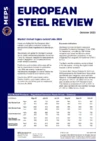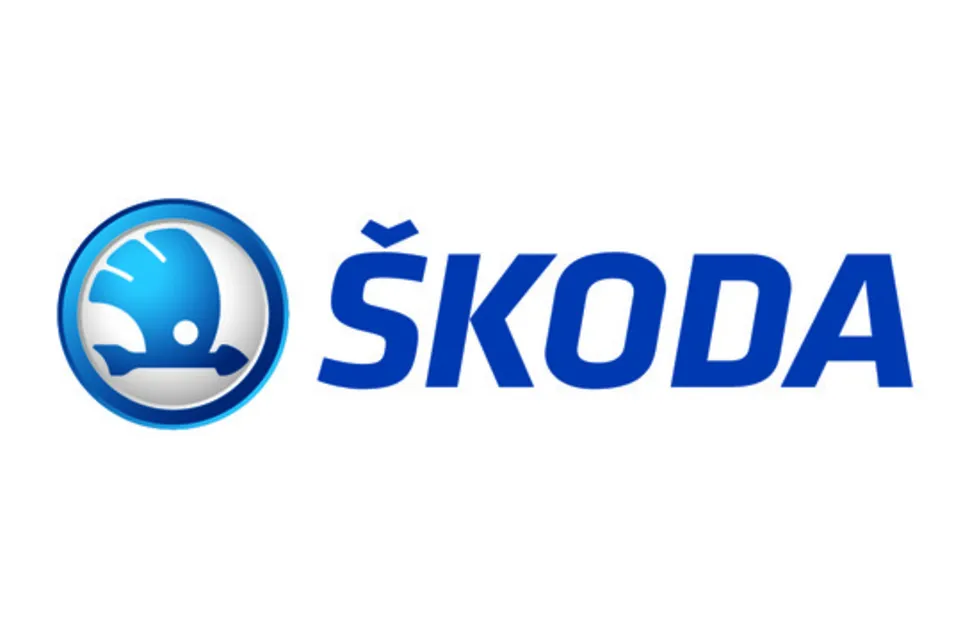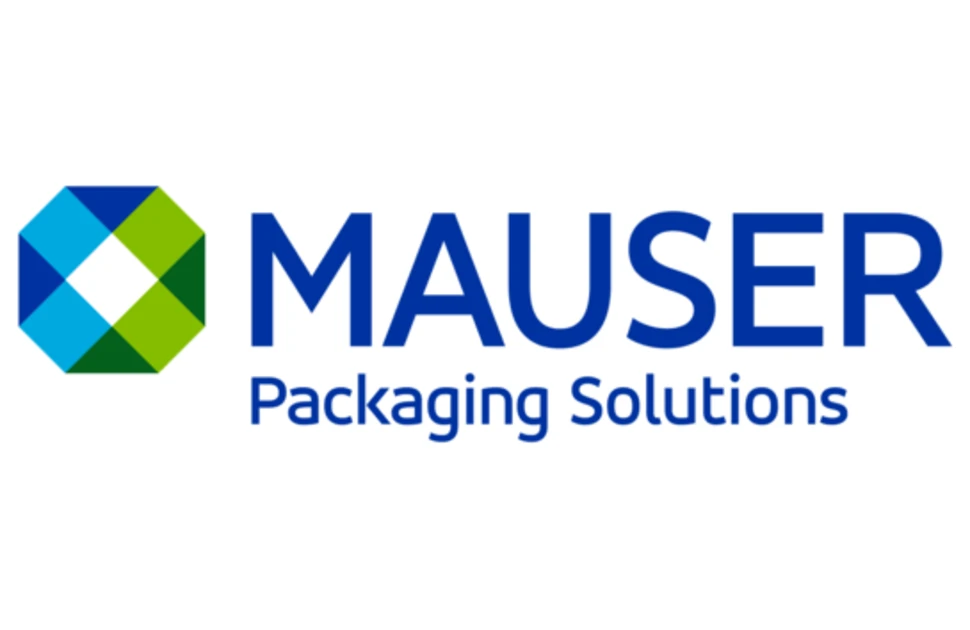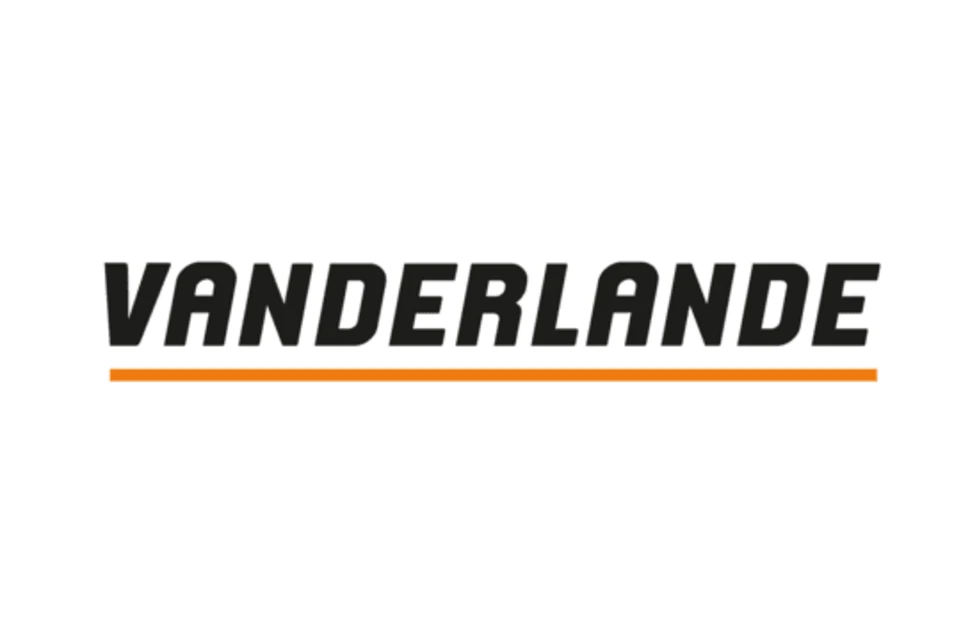Podcast: UK needs reform to avoid import control hiatus
The UK government should revise its plans for EU-style emissions border regulations to avoid a six-month gap in its steel import controls, a MEPS debate heard.
Panellists involved in MEPS International’s Carbon Steel Market: Navigating Trends and Price Dynamics at last week’s UK Metals Expo discussed the proposed 2027 launch of a UK Carbon Border Adjustment Mechanism (CBAM).
Christiane Taylor, pricing manager, Tata Steel UK, Mike Nielsen, commercial manager, Salzgitter Mannesmann UK, Tom McDougall, commercial director, All Steels Trading, and ISTA president Godfrey Watt contributed to the discussion.
- A recording can now be accessed, on demand, as part of MEPS’s Speaking of Steel podcast series. This can be accessed here, via YouTube, Spotify or Apple Podcasts.
Commenting on the plan to launch the UK CBAM in 2027, 12 months after the full rollout of the EU’s CBAM regulations, Nielsen said: “The UK import safeguard measures should end in mid-2026 so we’ll be left with nothing again for six months before starting CBAM, which I see as being a little bit crazy.”
Neilsen added: “I hope there are some refinements made to ensure that the process works for everyone.”
Concerns were raised by the panel that the UK could be a target for steel exporters keen to avoid the administrative burden and potential cost attached to the EU CBAM, following its full rollout in 2026.
McDougall said that the changing regulations presented a “difficult landscape to negotiate”.
Taylor suggested that the UK required an increase in trade defence measures to ensure that a level playing field was maintained with the EU and other steel markets. “If anything, I’d say that defence measures here in the UK are less than those imposed in the EU”, she said. “It’s important that measures are implemented that mirror the EU.”
Implications of UK’s EAF transition
Among the other topics debated by MEPS’s UK Metals Expo panel were the outlook for UK steel demand and the implications of Tata Steel UK’s shift to EAF-based steelmaking in Port Talbot, Wales.
Watt raised concerns about changes to the UK’s hot rolled coil and sheets import quota, which were recently proposed by the UK Trade Remedies Authority (TRA). Its plan would effectively triple the volume of imported steel permitted under the Category 1 steel (non-alloy and other alloy hot rolled flat sheets and strips category). The change, which will add a 1.9 million tonne per year Category 1B quota covering steel for downstream processing, has been designed to accommodate Tata’s growing import requirements as it transitions to EAF-based production.
Watt said: “The idea of creating a separate quota is not a bad one. The problem is, really, the way the TRA determination is framed.
“There is nothing in that draft that implements any kind of monitoring or control of the two categories; one could access the other. We’re told that they are creating a wording that will control that but, until that time, there are major concerns about how that might work. There’s also the definition of downstream processes and how they are defined. This is an issue that doesn’t only affect Tata.”
Taylor insisted that the TRA’s proposed quota changes were intended to maintain the “status quo” for the UK’s steel importers after steelmaking was paused at Port Talbot. She described the shift to low-emissions EAF production as “really exciting”, adding that it “allows our customers to have access to green steel produced on their doorstep.”
Buyers’ response to green steel premium
Opinion was split on the current market for green steel and steel buyers’ acceptance of the premium it commands, however. McDougall said that long product customers were not yet willing to pay the difference, adding: “It’s tough out there. For the time being, people are just looking to survive. It will come but it’s going to take some time and require a stronger market to fully accept green steel and the cost for it.”
Watt said that most customers now ask for data relating to the embedded emissions of the mills that his business, Kromat Trading, is buying from. But he added: “I don’t think anybody is prepared to pay more for anything at the moment, in this market.”
Taylor said that a green steel premium would not remain a factor in steel prices, suggesting that it would eventually be absorbed into the cost as “green steel becomes the norm”.
- Click here to listen to MEPS’s Carbon Steel Market: Navigating Trends and Price Dynamics panel debate via YouTube, Spotify or Apple Podcasts.
- To view episodes of the Speaking of Steel podcast, including a recent interview with H2 Green Steel’s head of commercial Stephan Flapper, click here.

Source:
European Steel Review
The MEPS European Steel Review is an informative, concise and easy-to-use monthly publication, offering unique professional insight into European carbon steel prices.
Go to productRequest a free publication





